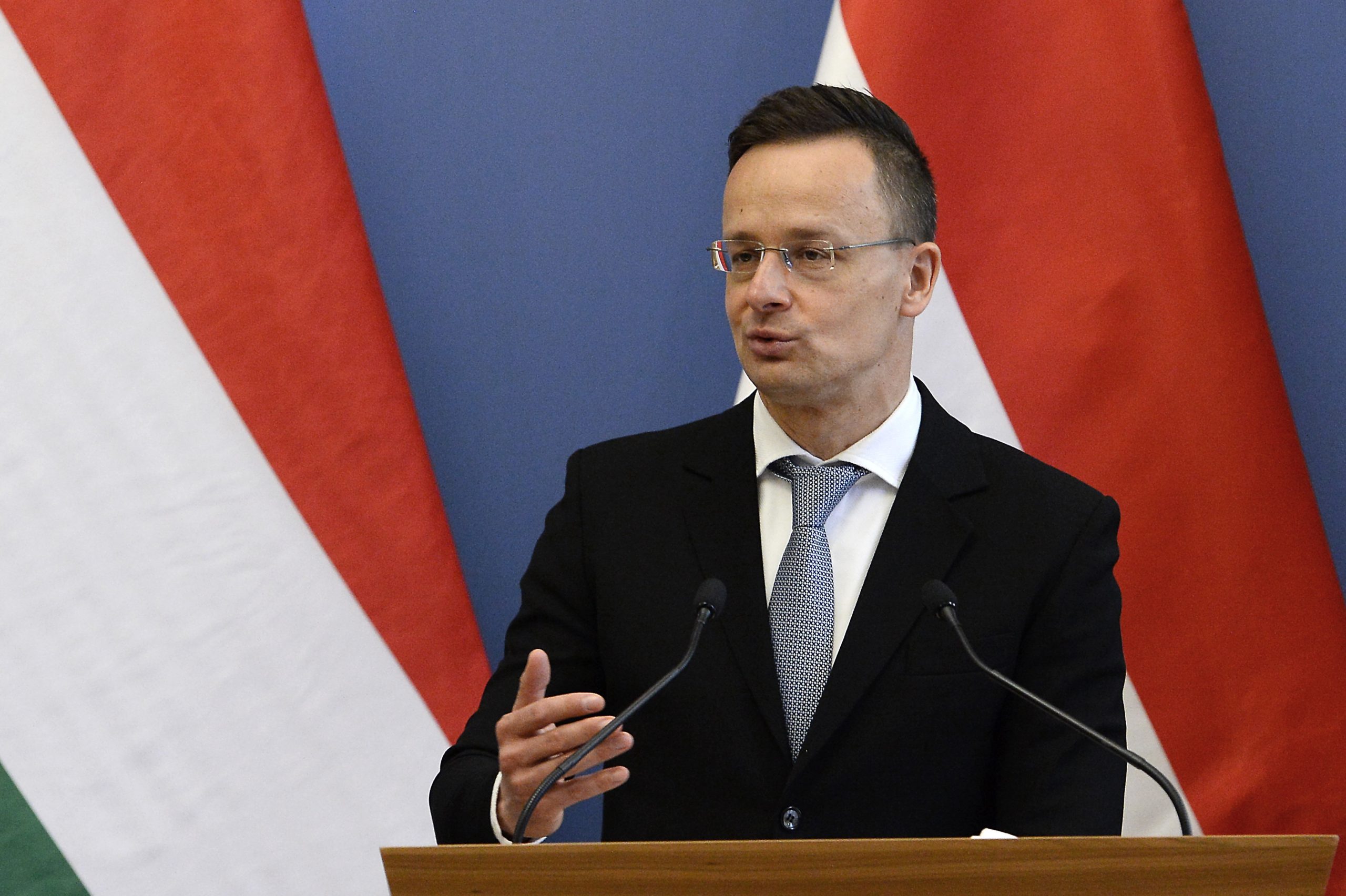
Hungary is not a tax haven. It is using a low corporate tax rate, combined with many other economic incentives, to bring in large amounts of foreign capital investment.Continue reading

For Hungary’s economy to recover quickly, the economies of other Visegrad Four member states should also develop dynamically, Péter Szijjártó, Hungary’s minister of foreign affairs and trade, said in Katowice where he attended the summit meeting of the Visegrad Group prime ministers on Wednesday.
Hungary’s trade turnover with its three Visegrad partners exceeded 10,000 billion forints (EUR 28.5bn) even in the past “black year” of global trade, he said, adding that the Czech Republic, Poland and Slovakia together accounted for 14 percent of Hungarian trade. As central Europe’s “remarkable economic achievement” was to no small extent due to low taxes, all external attempts at forcing the countries in the region to raise taxes should be rejected, Szijjártó said.
The Hungarian V4 presidency will spare no effort to prevent the imposition of the global minimum tax on the Visegrad Group, the minister said. “It is our vital interest that tax policies should remain under national control,” he said.
Concerning security challenges to the post-pandemic world, Szijjártó said that “Brussels once again puts the mandatory resettlement quotas on its agenda but it is in vain”. Central Europe should make it clear that it does not accept illegal immigrants, he said.
As another priority, Szijjártó said that EU enlargement should not be struck off from the agenda and the Western Balkan countries should be admitted to the bloc as soon as possible. The security and stability of the Western Balkans is a key condition of stability in central Europe, he said.
Featured photo by Lajos Soós/MTI